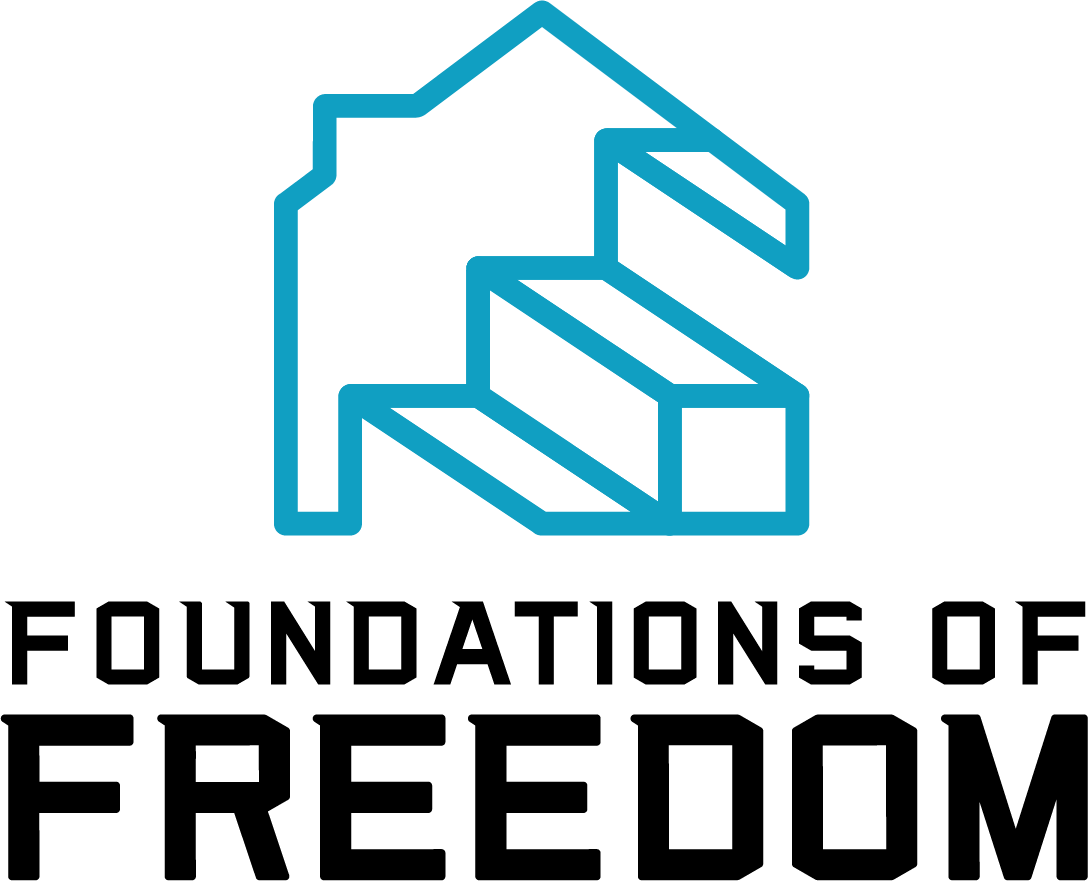Debunking Common Myths About Addiction Recovery
Addiction recovery is a complex and challenging journey that requires a holistic approach. Unfortunately, there are numerous myths and misconceptions surrounding addiction and the recovery process. These myths can perpetuate stigma and hinder individuals from seeking the help they need. In this blog post, we aim to debunk some of the most common myths about addiction recovery and shed light on the truth behind them.
Myth 1: Addiction is a moral failing or lack of willpower:
One of the most prevalent myths surrounding addiction is that it is a result of moral weakness or a lack of willpower. In reality, addiction is a chronic disease that affects the brain and behavior. It is influenced by a combination of genetic, environmental, and psychological factors. Addiction is not a choice, but seeking recovery is.
Myth 2: Recovery is a one-size-fits-all approach:
There is no universal formula for addiction recovery that suits every individual. Recovery is a highly personalized process that varies from person to person. What works for one person may not work for another. Effective recovery programs acknowledge these differences and offer a range of treatment options, including therapy, support groups, medication, and holistic approaches to address the unique needs of each individual.
Myth 3: Detoxification is sufficient for long-term recovery:
Detoxification, the process of eliminating drugs or alcohol from the body, is an essential initial step in recovery. However, detoxification alone is not sufficient for long-term sobriety. Addiction recovery requires comprehensive treatment that includes therapy, counseling, and ongoing support. These elements address the underlying causes of addiction and provide individuals with the tools to maintain their recovery.
Myth 4: Relapse means failure:
Relapse is a common occurrence in addiction recovery, but it does not signify failure. It is crucial to understand that addiction is a chronic condition, and setbacks can happen along the way. Relapse should be seen as an opportunity to learn and grow, rather than a reason to give up. Relapse prevention strategies, ongoing support, and a commitment to self-care can help individuals bounce back and continue their journey toward lasting recovery.
Myth 5: Once in recovery, life becomes perfect:
Recovery from addiction does not guarantee a problem-free life. While sobriety opens the door to a healthier and more fulfilling existence, it does not eliminate all challenges. Life still presents its ups and downs, and individuals in recovery must develop coping mechanisms to navigate these situations without turning to substances. Recovery is a lifelong commitment that requires ongoing effort, self-reflection, and personal growth.
Myth 6: Only the individual with addiction needs support:
Addiction is a disease that impacts not only the individual but also their loved ones. Family and friends play a crucial role in the recovery process. It is important to acknowledge that addiction affects relationships and seek support for both the individual in recovery and their support network. Family therapy, support groups, and educational resources can aid in understanding addiction and rebuilding healthy relationships.
Addiction recovery is a complex and multifaceted journey that requires debunking the myths and misconceptions surrounding it. By dispelling these myths, we can foster a more compassionate and informed understanding of addiction. It is essential to approach addiction recovery with empathy, support, and evidence-based treatment, recognizing that each person's journey is unique. Let us strive to eliminate stigma and provide a helping hand to those in need of recovery.
